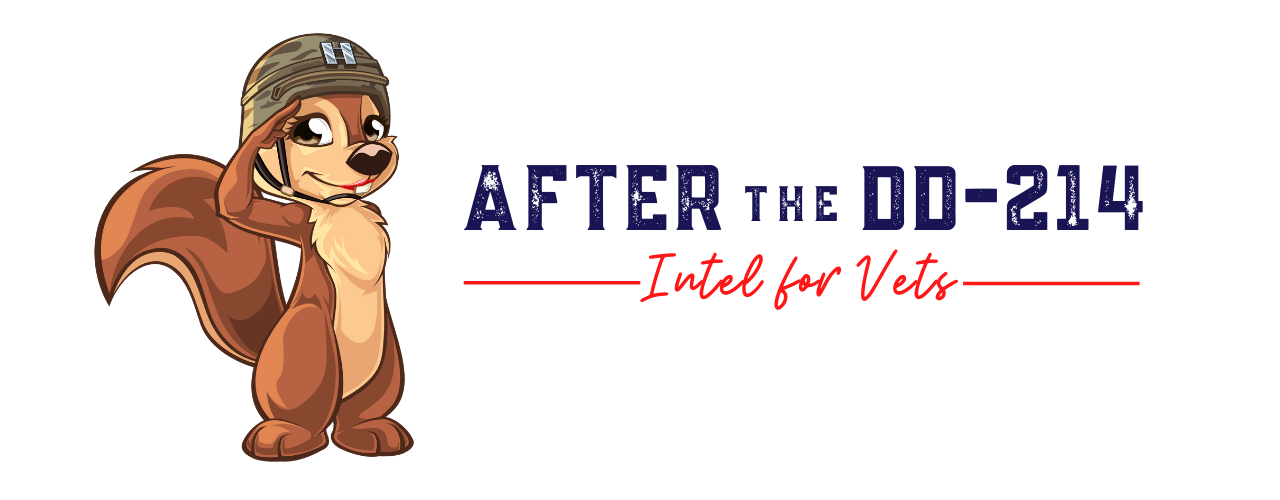 Last month, at my residency, one of my professors introduced me to the author of a book I’d read for the program. I am not usually the kind of person who gets starstruck, but I admit meeting a man whose words I’d read on the page, whose books appear in bookstores and libraries across the country, was pretty awe inspiring. That feeling was dimmed slightly, though, when my professor told him that I was working on a novel about military women and his response was, “Oh, are you a military brat?”
Last month, at my residency, one of my professors introduced me to the author of a book I’d read for the program. I am not usually the kind of person who gets starstruck, but I admit meeting a man whose words I’d read on the page, whose books appear in bookstores and libraries across the country, was pretty awe inspiring. That feeling was dimmed slightly, though, when my professor told him that I was working on a novel about military women and his response was, “Oh, are you a military brat?”
Now, I recognize that, at five feet tall and a hundred-ish pounds, I don’t look like the civilian populace’s image of GI Jane. I also understand that women veterans still make up a very small percentage of the population and, given that we generally have more hair than our male counterparts, can be a bit more difficult to spot in a crowd. But I did have to wonder: if my professor had introduced him to the male Army veteran in my class and said he was writing a book about military men, would this author have asked the same question? Or would he have asked something like “Which branch?” or “Where did you serve?,” which are the kinds of questions that my husband gets asked when someone finds out he served. Perhaps, if more people read books like Tanya Biank’s Undaunted: The Real Story of America’s Servicewomen in Today’s Military the questions asked of me and of my husband would resemble each other a little more closely.
Biank, who is an Army brat as well as an Army wife, sister to a female Army Colonel, Fulbright Scholar, and renowned journalist, may be best known to you by the title of her previous book, Army Wives: The Unwritten Code of Military Marriage. That book, which spawned the immensely popular TV series of the same name, gave an honest and in-depth look at the complicated lives of women who love soldiers. This time, in Undaunted: The Real Story of America’s Servicewomen in Today’s Military, Biank takes the same kind of look at the women who wear the uniform.
Her book takes us through the stories of four servicewomen: Marine Corps Brigadier General Angela Salinas, Army Military Policeman and Second Lieutenant Bergen Flannigan, Marine Corps Drill Instructor Amy Stokley, and Army Major and mother Candice O’Brien.
General Salinas: The Corps’ first female Hispanic general, her story focuses on the resistance to women leaders, the ways in which their leadership styles may differ from their male counterparts, and the personal sacrifices called for to attain and excel at that level.
Lieutenant Flannigan: Married to a fellow lieutenant, both graduating from the same military school and later deployed together with the same company, her story focuses on the line between warrior and wife, how that line is both complicated by and blurred during a deployment, and reminds us that, regardless of regulation or Congressional edict or even public opinion, “wounded warrior” is a not a male-only category.
Sergeant Stokley: One of the few women to earn the official title of DI (you’ll be surprised, or perhaps not, when you read when, exactly, female Marines were allowed to wear that title), her story takes you inside what it takes to be the best of the best, the challenge of being hard enough to earn respect but not so hard you lose your femininity, and the pride that comes with achieving something so few others have.
Major O’Brien: A dedicated career officer, her story shines a light on the challenges of being a joint, but geographically single, military spouse and parent, the true toll “needs of the military” can take on a family, and how pregnancy and parenthood can impact how a woman leads in a way that they don’t for our male counterparts.
While Biank’s book doesn’t present the Navy or Air Force experience (though it is, ironically, on the Chief of Staff of the Air Force’s, but not the Army or Marines, 2014 Recommended Reading List), the stories are ones any woman who served should be able to relate to. I certainly did. (Which I told her in an e-mail she was gracious enough to personally respond to!) I also appreciated that the portrait of these women was more complete than those I’ve seen elsewhere – not overly macho or overly weak, not all professional or all personal, and, thank goodness, not all about sexual harassment or sexual assault, an all too common stereotype these days. If you’re looking for a good read, or just a book to hand to the next person that assumes you’re a military brat, check out Undaunted.
You can find out more about Biank and her books here.
© 2014 – 2019, Sarah Maples LLC. All rights reserved.

No Comments